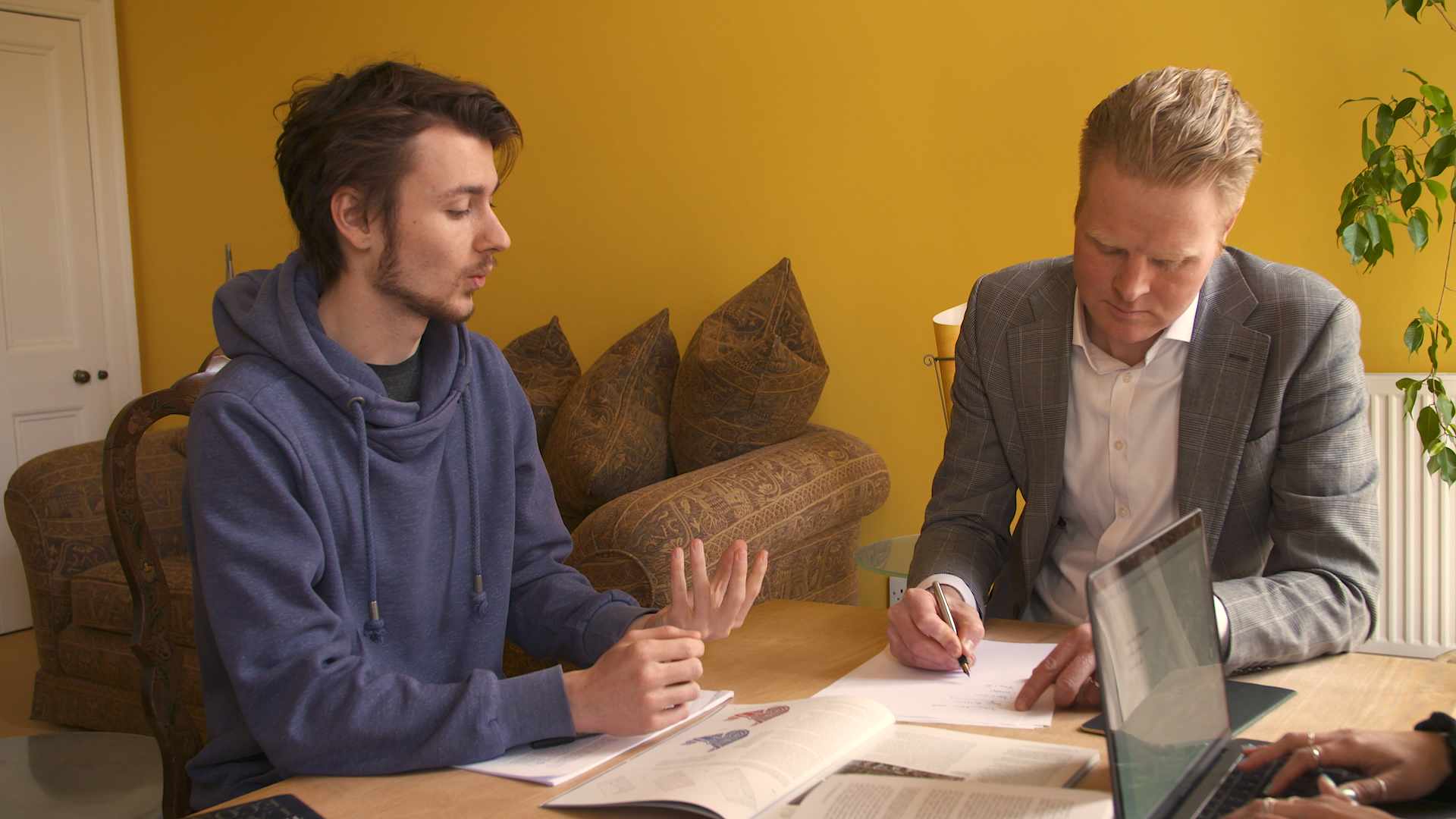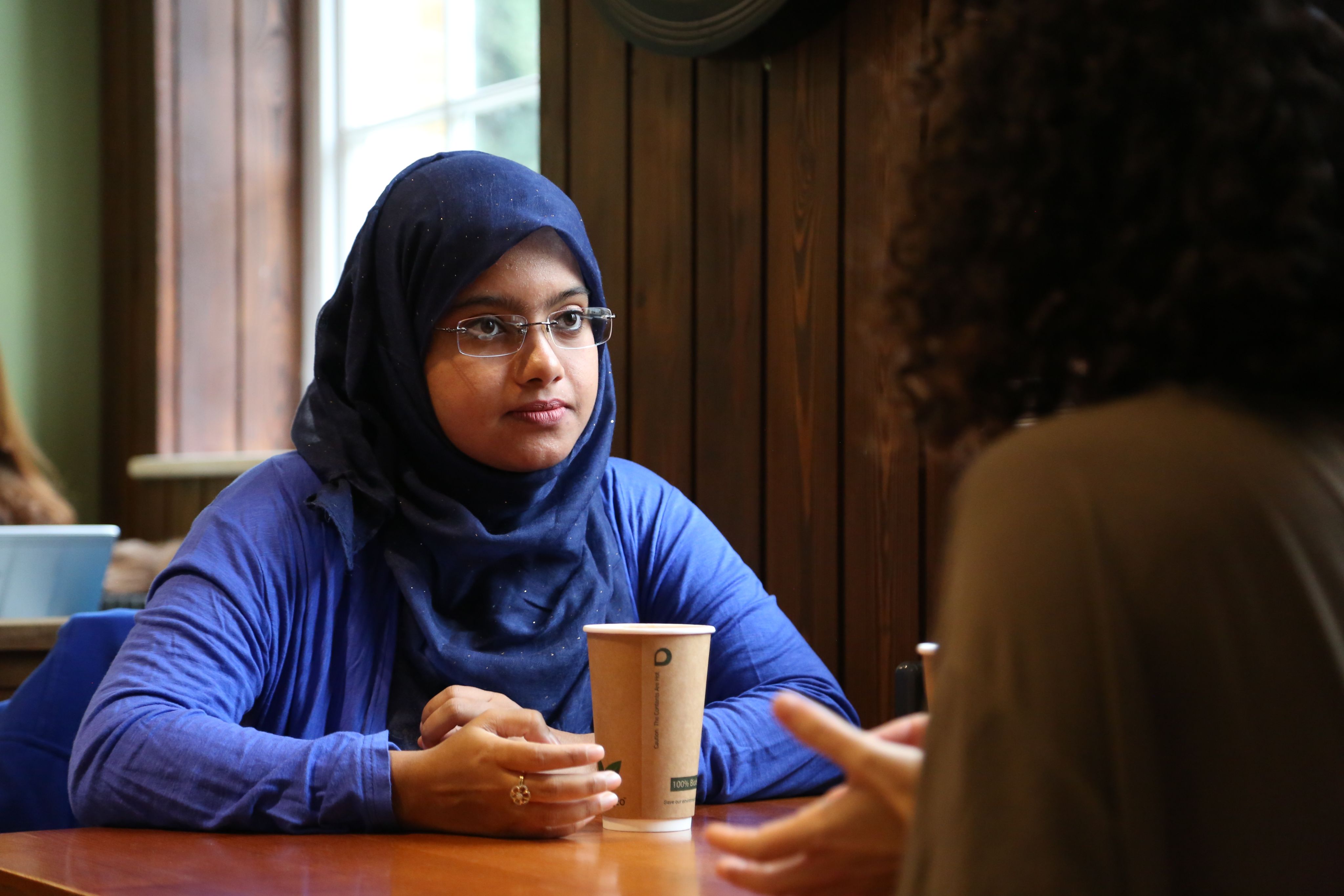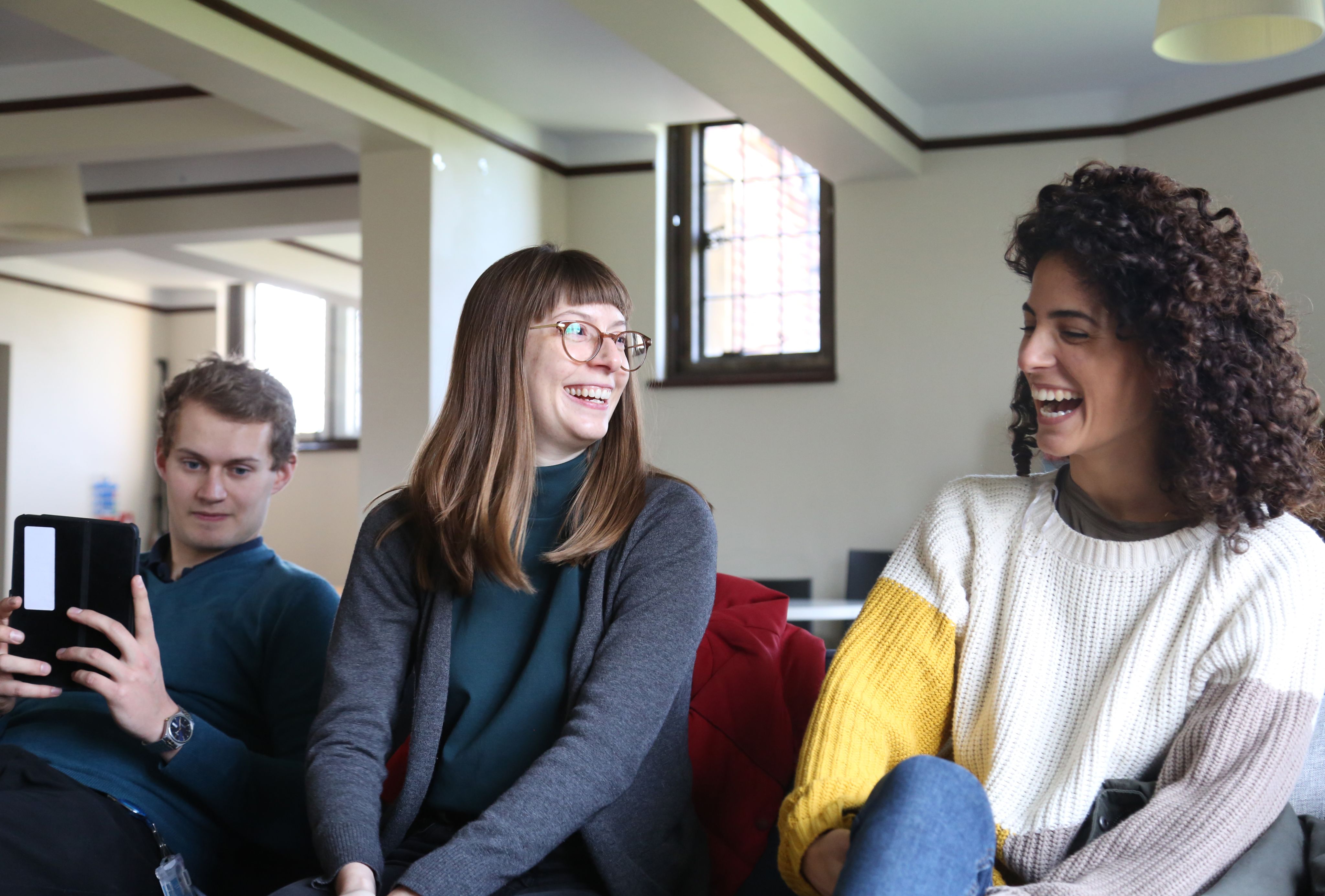Support during the Foundation Year
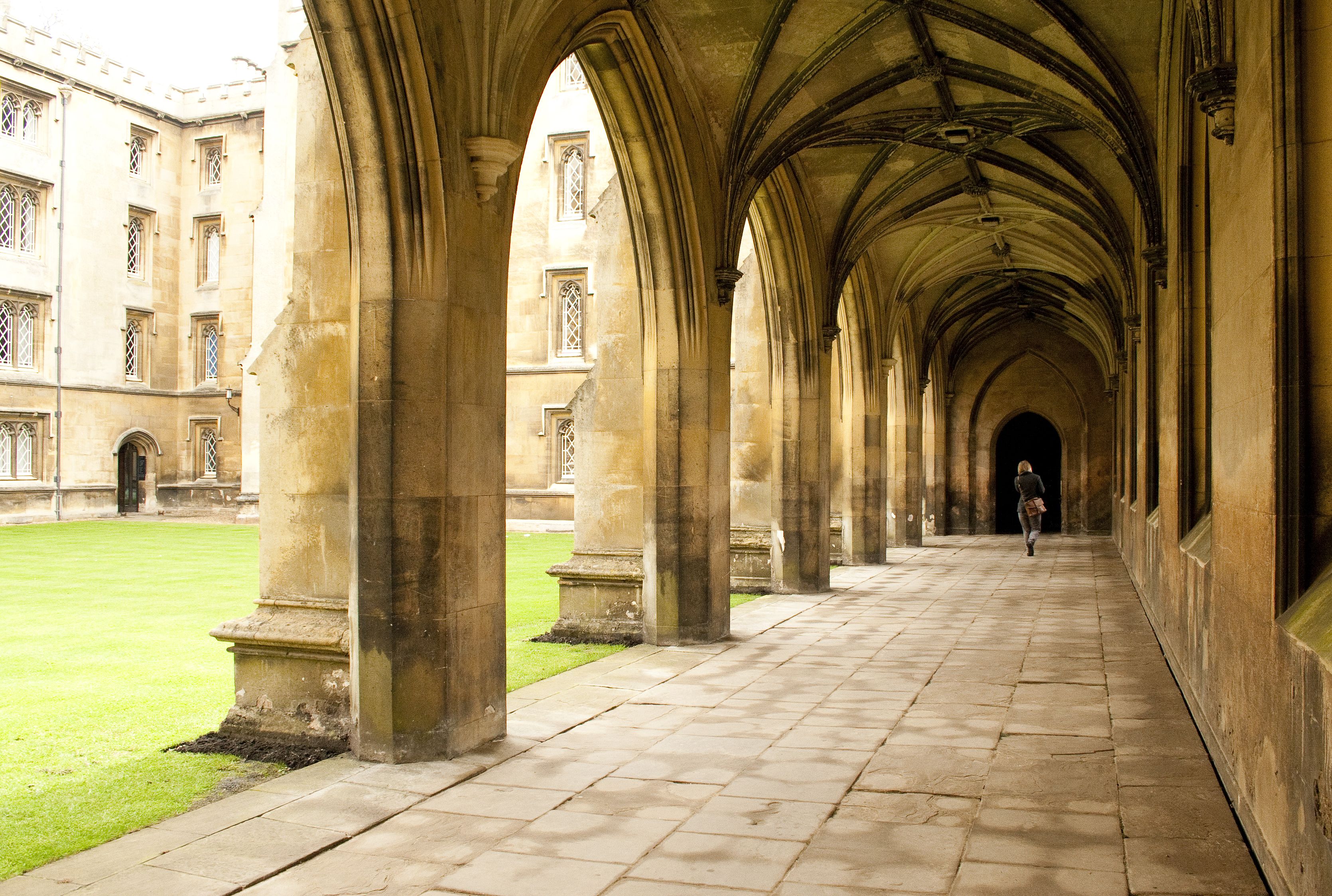
Whilst at the University of Cambridge and on the Foundation Year, you will have lots of support resources available to you. This support is available to you from your College, within the wider University as well as targeted support from the academics and staff involved in the Foundation Year.
Pastoral support at Cambridge is different from pastoral support you might have received at School or College and therefore, it is important to take an active role in asking for support. You do not need to wait until you start at the Foundation Year before asking for the support you need. In fact, it is highly recommended that you flag any support requirements at an early stage to ensure arrangements can be set up for when you arrive or even within the application process. Also, if your needs change, you can ask for support at any time throughout your studies.
In this article, we will summarise some of the support available to you whilst studying the Foundation Year. You may even discover more support through your time at the University of Cambridge so please don’t feel like this is an exclusive list! We recommend around 20 -30 minutes to read this article and explore some of the links within it.
University support
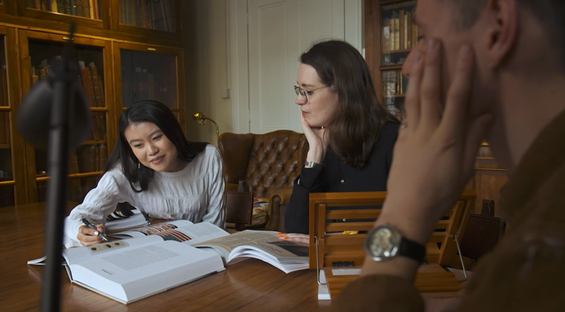
The central University provides lots of support to students and staff. This includes the Disability Resource Centre (DRC), the University Counselling Service (UCS) as well as the Careers Service to support your next steps and many other support programmes and resources! Detailed information on them all can be found on the University's wellbeing site here.
The DRC, located centrally in the Student Services Centre, offers confidential support and accessible service for disabled students. The DRC provides support for anyone who has a sensory or physical impairment, mental health conditions, long-term health conditions, autistic spectrum conditions and any other conditions that may have an impact on your ability to study. Support includes giving advice on disability support, assisting with funding applications and specialist screenings for things such as autism and dyslexia. If you think you may benefit from support from the DRC during your time at the University of Cambridge, it is best to declare your needs on your UCAS application or get in touch before you begin the course to make the transition to university easier.
You may have heard of all the societies that Universities have in general. These can also be a great way to find a support network of people from similar backgrounds to yourself. Societies and clubs are always open to welcoming new members and are a great place to meet new people. You will always be welcomed and it is a great way to make some amazing friends!
The Cambridge Student Union is also an excellent support source at Cambridge. As an independent organisation, the Cambridge SU provides advocacy and representation for student interests. SU advice, support and resources for Cambridge students may be accessed via their website. They can particularly help with academic issues, accommodation, equality and inclusion, finance, harassment and wellbeing. There is also good advice on student sexual health.
There are so many additional university support systems that you can find on the Student Support website. Some additional ones include the Childcare Office, Student Advice Service, Nightline, Student Minds and the Black Advisory Hub. Please note this is not an extensive list and just a select few.
College support
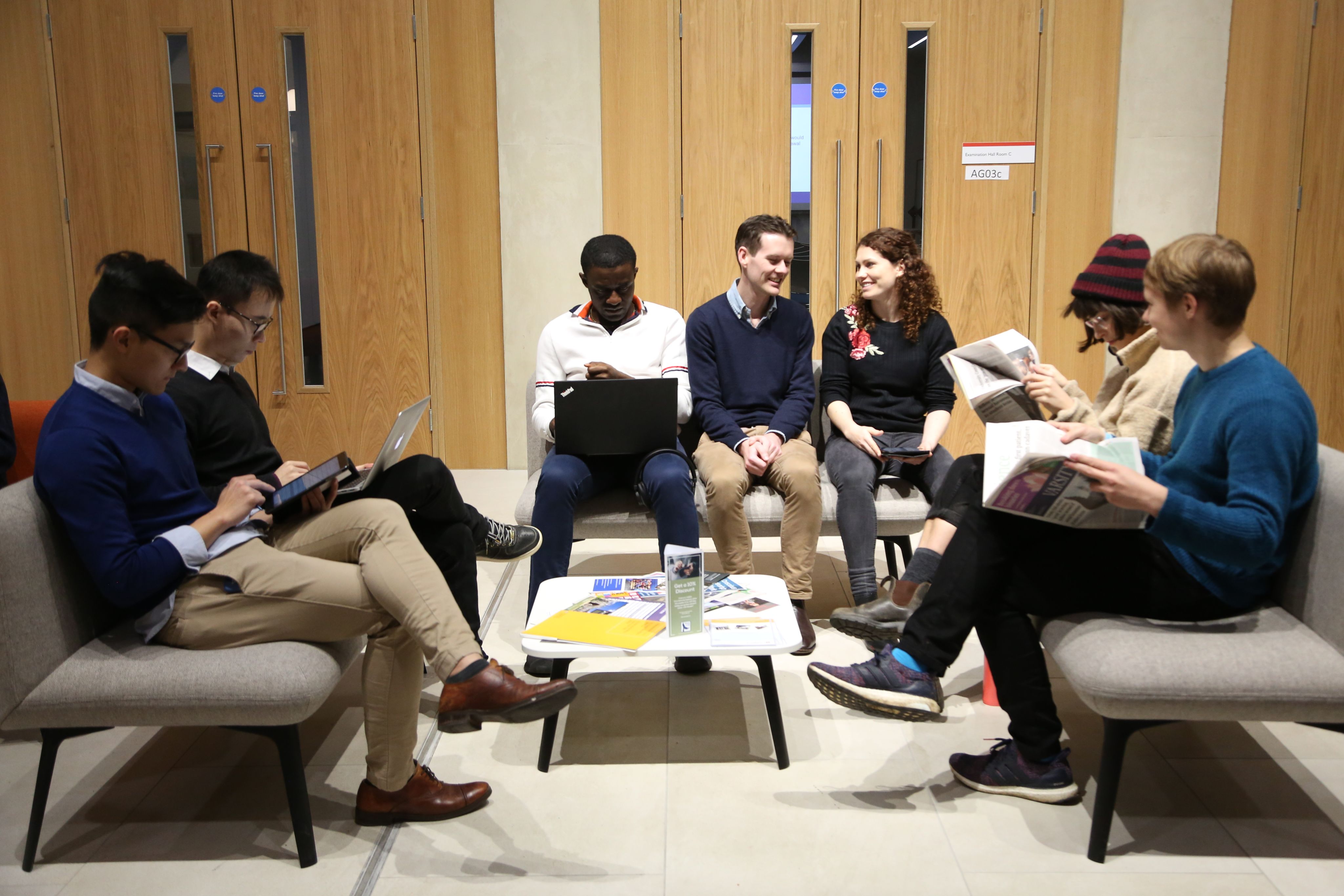
Pastoral support for students is an essential component of collegiate life. Each College delivers this differently but your College is likely to have a number of people undertaking pastoral or welfare roles, such as a Senior Tutor, Tutors, Tutorial Office staff, College Nurse, Chaplain, and Student Common Room Welfare Officers. Some Colleges even have an in College counsellor or Mental Health Advisor and others may have peer-to-peer support programmes set up. Have a good look around the College websites to find out what they offer in particular. You can find the Foundation Year College websites linked in our previous article.
During the Foundation Year you will have a Director of Studies to provide academic support and make sure you are on track with your studies. You will also have a Tutor who will take on more of a pastoral support role; your Tutor will signpost additional support services, offered either internally within your College or by the University in general.
Your College is your home away from home and therefore you should feel incredibly supported by all the staff there. Other vital members of College staff are the College Porters who can usually be found in the Porter’s Lodge! The Porters are great people to talk to if you have a general College related query or experience some kind of emergency.
You will also have the opportunity to join more networks within your College. Again, these will vary from College to College. Most Colleges will also have ice breaker events for when you start so you will get to know people really quickly! Starting university and not knowing anyone can be a little bit overwhelming but the Colleges have a great support network set up to make meeting people as easy and as friendly as possible.
Course support
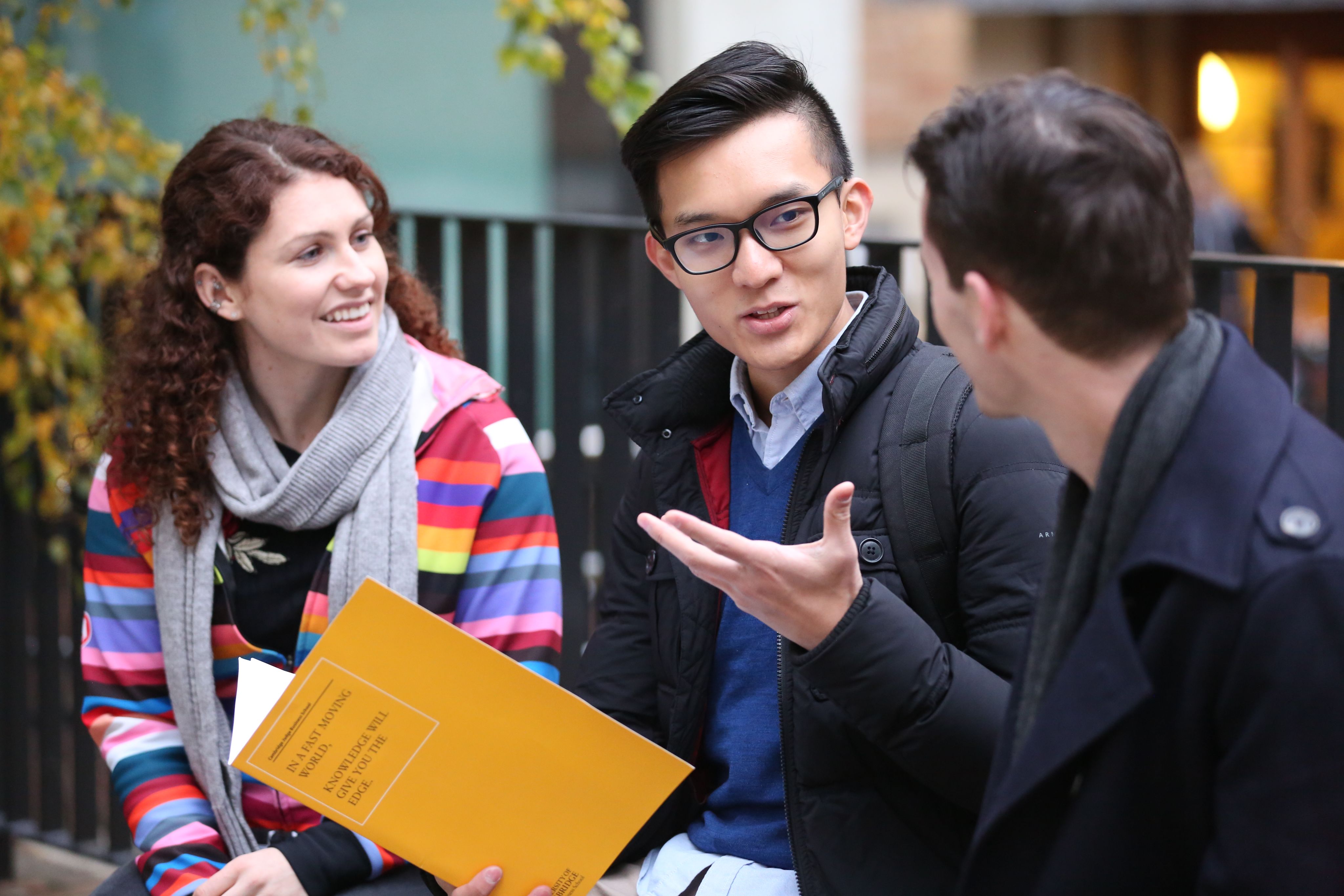
In addition to all the support you are able to access through your College and the central University, you will also be supported during your time on the Foundation Year. This includes being supported in understanding your next steps and making sure you are prepared in the run-up to starting for the Foundation Year.
The support from the Foundation Year team comes in right from the beginning and you will receive support even before day one. With a dedicated Foundation Year team, you will be supported every step of the way - including within your application process. The staff you may be supported by include our Teaching Associates, our Course Coordinator and also the Director of the Foundation Year. We are really passionate about supporting students to have a smooth transition to university life and we will continue to support you through your course.
If you’ve watched our progression video, you will know that you will be supported in making applications via UCAS to other courses (if you wish) and on your pathway to Undergraduate study at Cambridge. We want to make sure you are supported in whichever steps you choose to take after the Foundation Year.
Financial support

As finance is often seen as a barrier for some, it is worth mentioning there is financial support available. This is not just during your Foundation Year but also if you were to progress onto Undergraduate study at Cambridge too. During your time on the Foundation Year, you will not pay any course costs and you will receive a bursary which is equivalent to Student Finance to cover your living and academic costs such as accommodation, food and books.
Students eligible for the Foundation Year may also find themselves eligible for the Cambridge Bursary. This will also be applicable during Undergraduate study and could give you access to up to £3,500 depending on your household income.
Finance should never be a barrier to education and therefore if your circumstances change at any point through your degree education, you should reach out to your tutor who will support you in connecting with the right funds.
UCAS also provides a helpful guide for managing your money and the Student Advice Service Advisors are also trained to offer money advice.
Overall, there is a huge amount of support available to you during the Foundation Year. The biggest piece of advice about support within the Foundation Year is that you should take an active role in asking for support wherever you need it. If you want to reach out to any of the services mentioned, then please explore their linked websites as they often have events or a named contact on their website. We would also recommend exploring the websites listed if you require any more detail or specialist support in any way.
The information in this article is correct at the time of publishing. For the most up to date information about the Cambridge Foundation Year, visit our website. Last reviewed January 2025.

